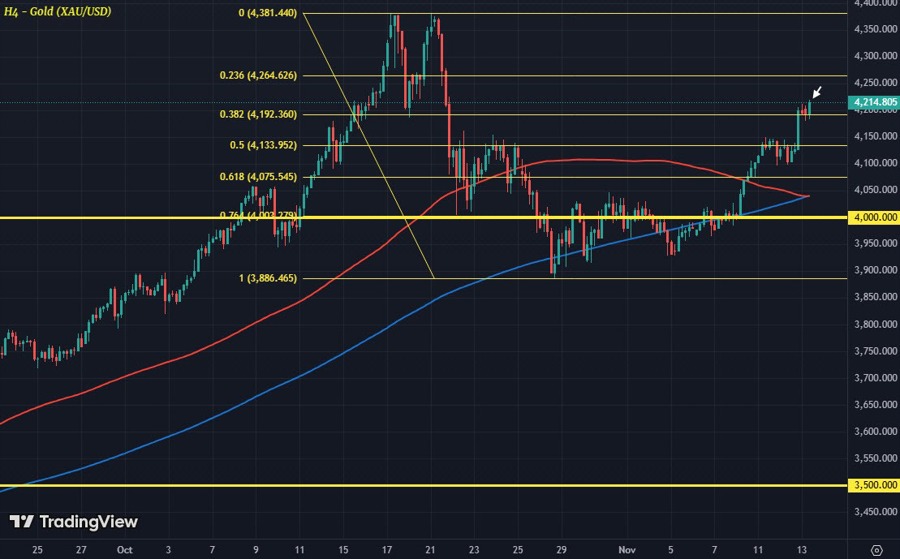UPDATE: New research from consumer advocacy group Which? reveals a troubling surge in AI-powered scams, particularly deepfake videos on platforms like YouTube. These scams feature convincing impersonations of trusted figures, including financial journalist Martin Lewis and UK Prime Minister Kier Starmer, misleading viewers into investing in fraudulent schemes.
The consumer group is calling for immediate action from both the government and tech giants to combat this rising threat. Investigations show that scammers are using sophisticated AI technology to create fake videos that appear to promote risk-free investments backed by governmental authority. With AI impersonation scams skyrocketing in 2025, the urgency for effective regulation has never been greater.
According to Which?, around 20% of online investors rely on social media influencers when making financial decisions, despite warnings from the Financial Conduct Authority against such tactics. The presence of deepfake videos complicates the situation, as criminals can easily replicate trusted sources, making it increasingly difficult for consumers to discern real from fake.
“AI is making it much harder to detect what’s real and what’s not,” said Rocio Concha, Director of Policy and Advocacy at Which?. “Fraudsters know this – and are exploiting it ruthlessly. Big Tech platforms are simply not doing enough to prevent scammers from operating on their sites, putting their users at risk.”
In response to the growing crisis, Which? has urged tech companies like X (formerly Twitter) and Meta to take greater responsibility in blocking dangerous content. The group insists that the upcoming fraud strategy from the UK government must include tougher measures against these firms.
To combat these threats, YouTube has recently introduced a tool allowing creators to flag AI-generated video clones. While this initiative does not specifically target deepfake financial fraud, it represents a step forward in identifying and mitigating the impact of misleading content.
Consumers are advised to be vigilant. Always verify the authenticity of financial advice by checking for official channels and safe links. Scammers are not only creating fake videos but are also building spoof websites that impersonate reputable news outlets, further complicating the detection of fraud.
As this situation continues to develop, the call for stronger regulations and accountability from Big Tech grows louder. It is clear that without immediate action, consumers will remain vulnerable to these sophisticated scams.
Stay tuned for updates as this urgent story unfolds.







